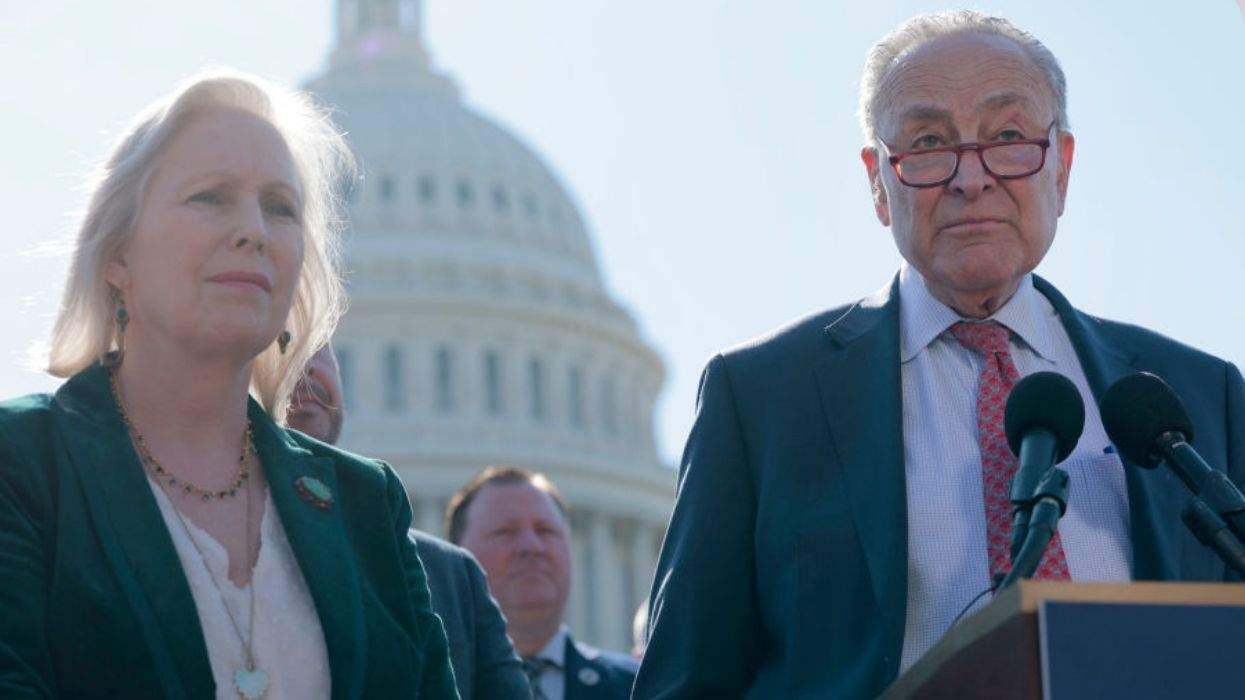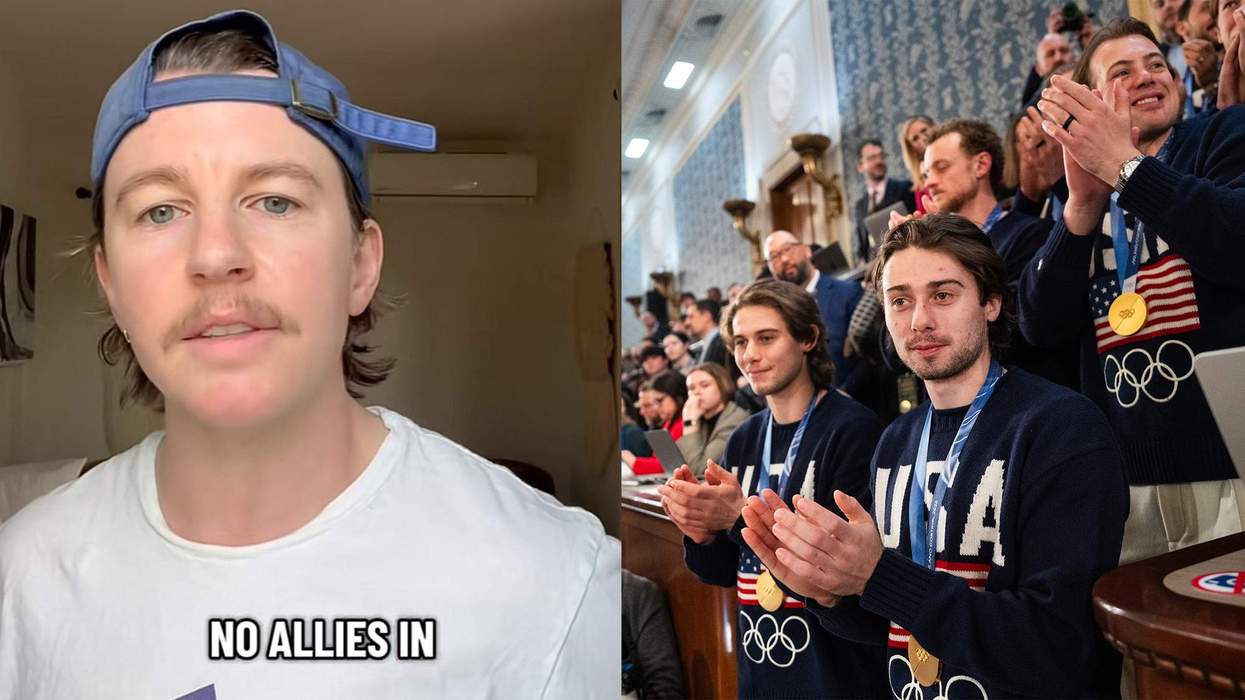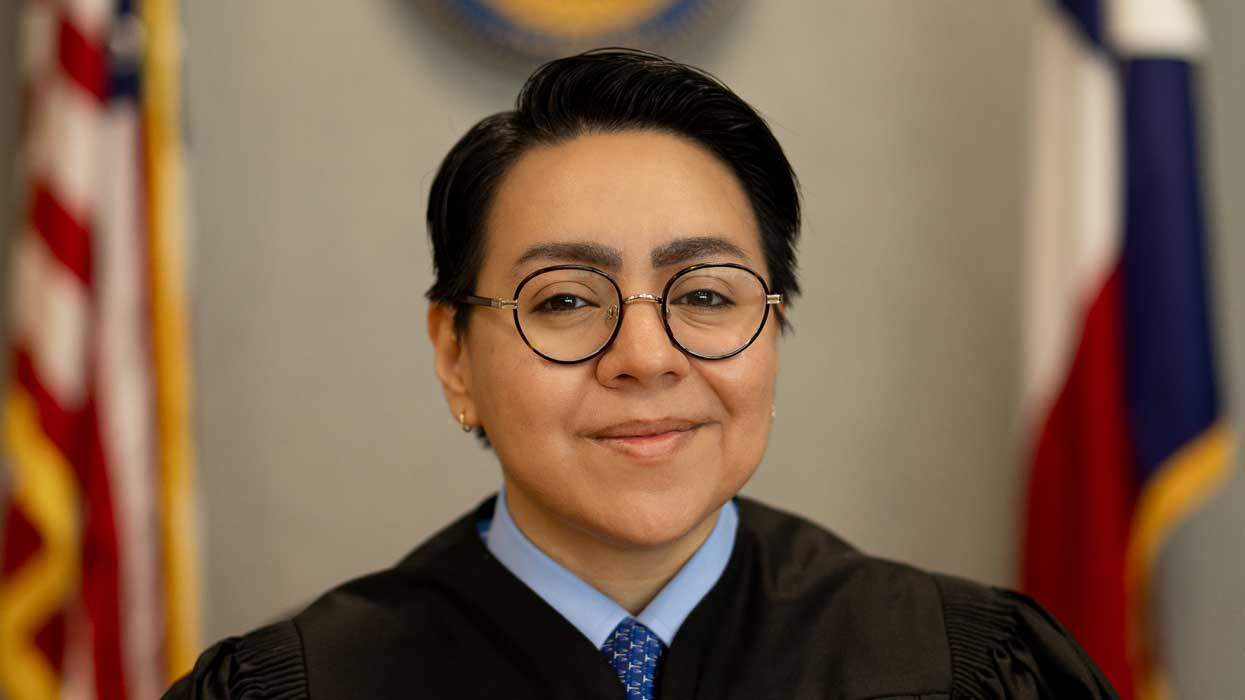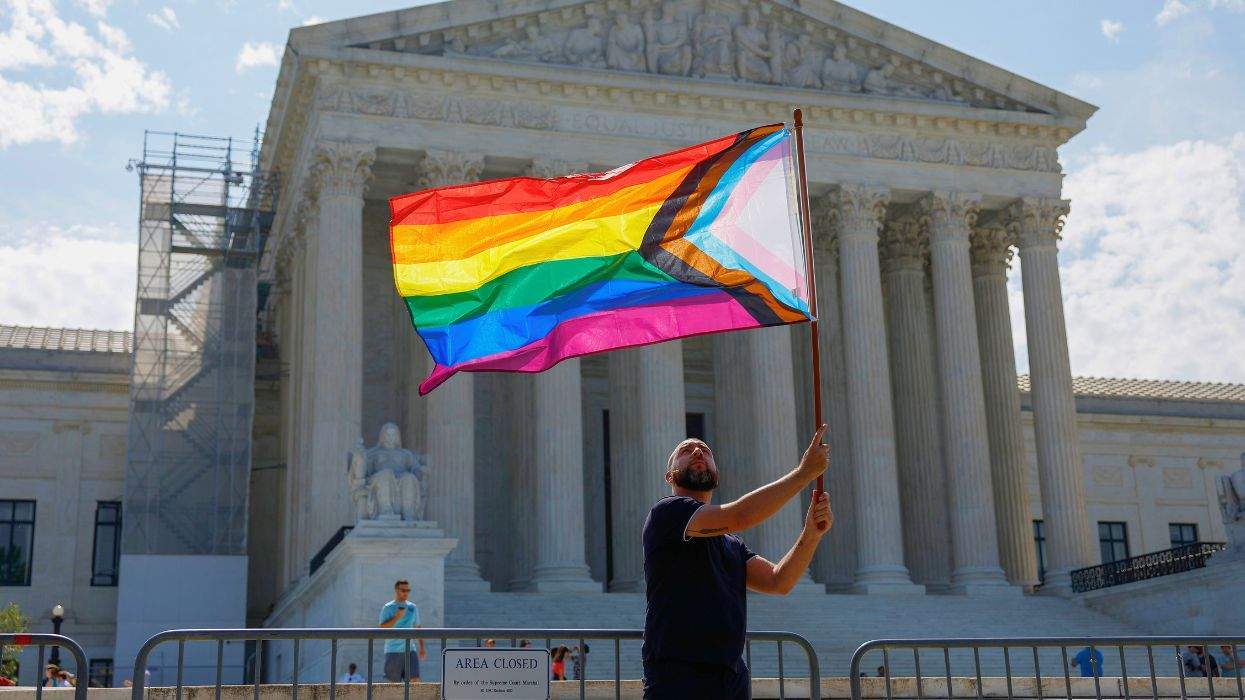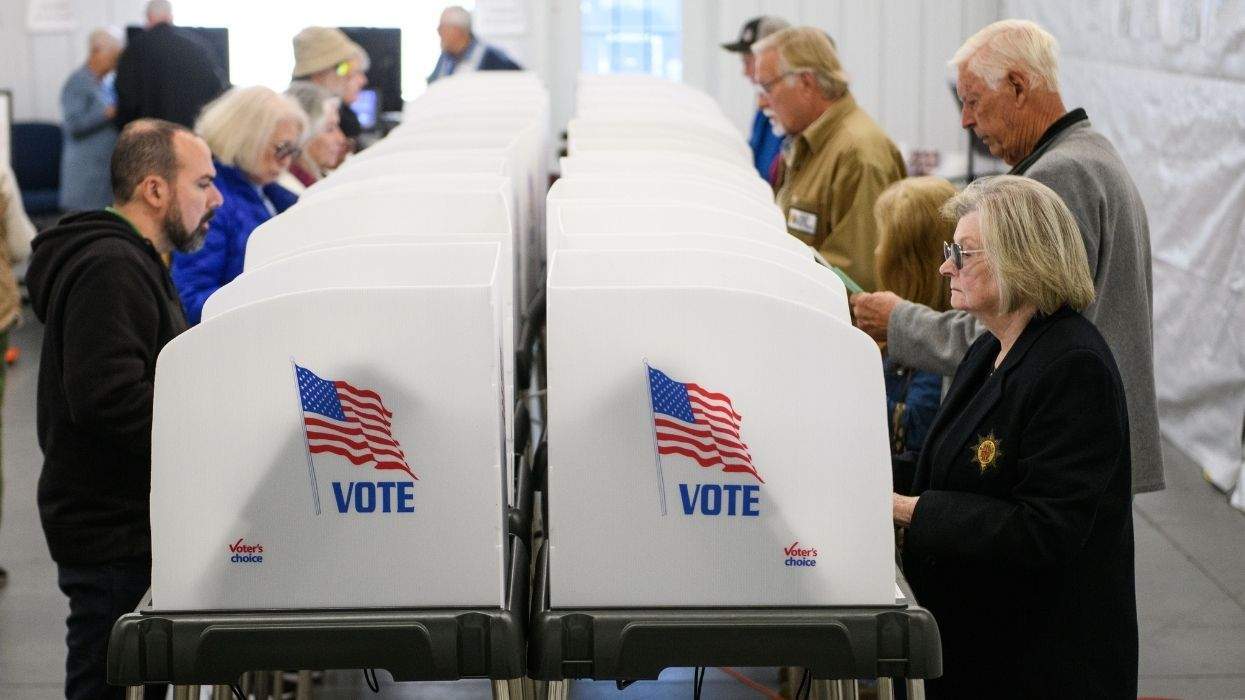The massacre of 49 people at a gay nightclub in Orlando on June 12 is the latest manifestation of violence as a public health emergency. According to the World Health Organization, a public health emergency is "an occurrence or imminent threat of an illness or health condition, caused by ...an epidemic... or ... highly fatal infectious agent ... that poses a substantial risk of a significant number of human facilities...." Violence is the "epidemic" and the "health condition" is disability, death, and trauma to families and neighborhoods.
So then what is the infectious agent? It is hate. And in the wake of this man-made disaster, we are left in the debris and horror of incalculable hatred. Therefore, hate must be considered a public health emergency. It manifests itself as racism, homophobia, religious discrimination, sexism, ageism, and a whole host of other injustices.
Hate is not a feeling without consequence. Hatred causes deadly harm, with or without a gun. Hate enables us to judge people on who they love, how they express their gender, or the color of their skin. This creates barriers to health and wellbeing that are as violent as the damage done by a gun, knife, or bomb. It can lead to a quick death -- such as from gun violence -- or a chronic, slow, festering death that seeps the health out of our communities.
Hate can be expressed through policy and can evolve into hard-to-see structural biases. We see it expressed in the ban on blood donation for gay and bisexual men and in barriers to equal restroom access to for transgender people. These policies are a reflection of oppressive systems, that regularly ignore, insult, and stigmatize LGBTQI, Black, and Latino communities. All of this makes queer and communities of color vulnerable of dying too early from higher rates of diabetes, hypertension, infant mortality, HIV, suicide, and other dire mental and physical illnesses.
For example, the average life expectancy of a transgender woman of color is 35 years. These lives have been cut short as a result of attacks to transgender women's mental, emotional, spiritual, and physical wellbeing leading to disease, murder, and suicide; a result of hate both internal and external to oneself. This is unacceptable.
What should we do as medical and public health professionals to respond to this emergency? Most in the public health community know that ensuring good health is about more than promoting good behaviors. It requires supporting policy and structural changes to an inequitable social, political and economic system that results in gun violence and persistent health inequities.
But how do we address hate, especially in light of it being the month of Pride, Ramadan, and Gun Violence Awareness?
As a start, with intention and without fear we must acknowledge that these -isms and phobias are a public health threat, just as real as a gun, a virus, or a bomb. Systems cannot wait to change organically. They must be pushed to change. This will require commitment over the long term. At the Health Department, a helpful start to the process has been offering trainings and dialogue to unearth unconscious assumptions and prejudices found in all of us.
We must also confront the root causes of health inequities that are oppressive and prevent people of color and the LGBTQI community from achieving their optimal health. This means advocating for policies that prevent gun violence, creating and sustain jobs, ensuring affordable housing, and opposing gentrification. We must value and engage the knowledge and self-determination of communities of color and queer communities, to develop solutions. This will foster mutual support and healing that is ongoing, consistent, and systematic rather than episodic and reactionary at the time of a crisis.
Public health and common sense dictate that imminent threats are not nursed with the hope that they will extinguish by neglect. Public health emergencies--and hate is a public health emergency--require aggressive and decisive action. Orlando is a wake-up call, an opportunity to say "never again," not only to obvious acts of violence like the Pulse Nightclub massacre, but to the more subtle but equally lethal acts of violence fueled by every day, systemic hate.
ALETHA MAYBANK, MD, MPH, is Deputy Commissioner, NYC Dept of Health and Mental Hygiene and Director of the Center for Health Equity. DEMETRE DASKALAKIS is a physician/advocate and public health warrior for LGBTQ and HIV treatment and prevention in NYC and Assistant Commissioner New York City Department of Health and Mental Hygiene; and the host of our HIV-related talk show The T With Dr. D.

